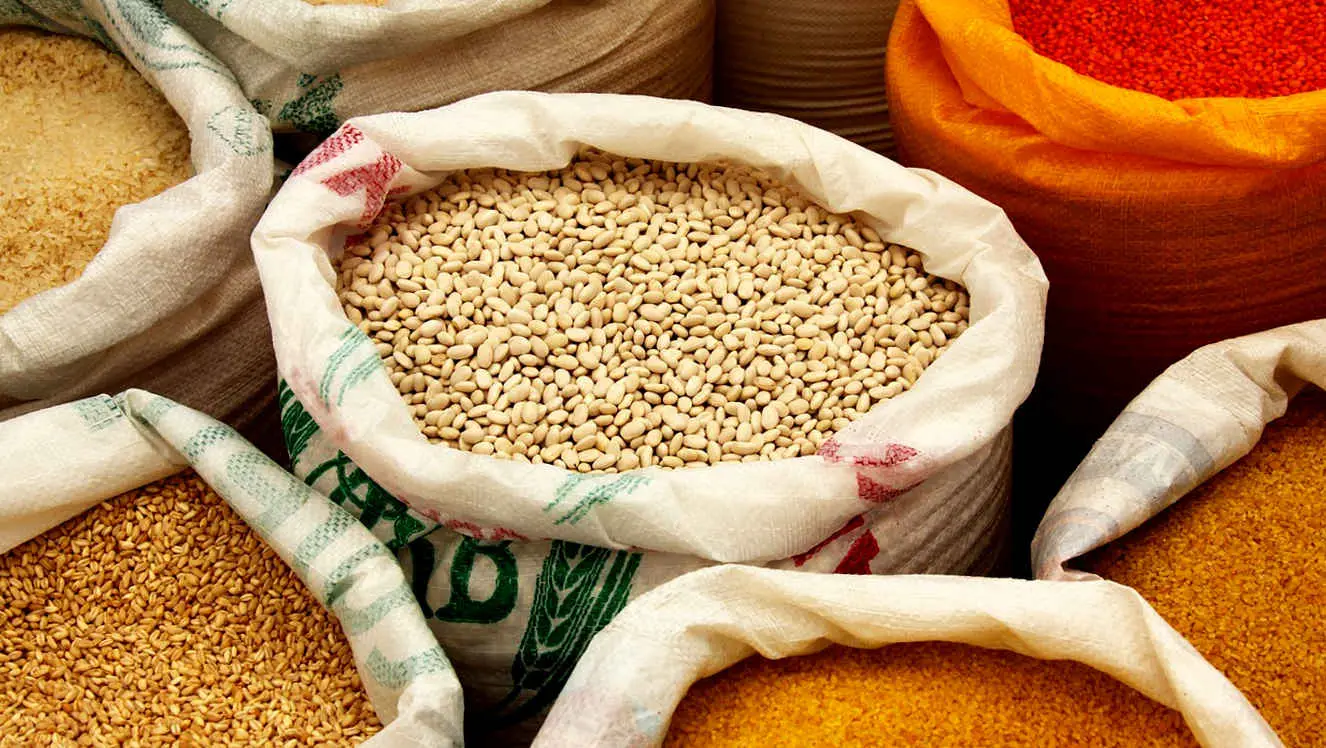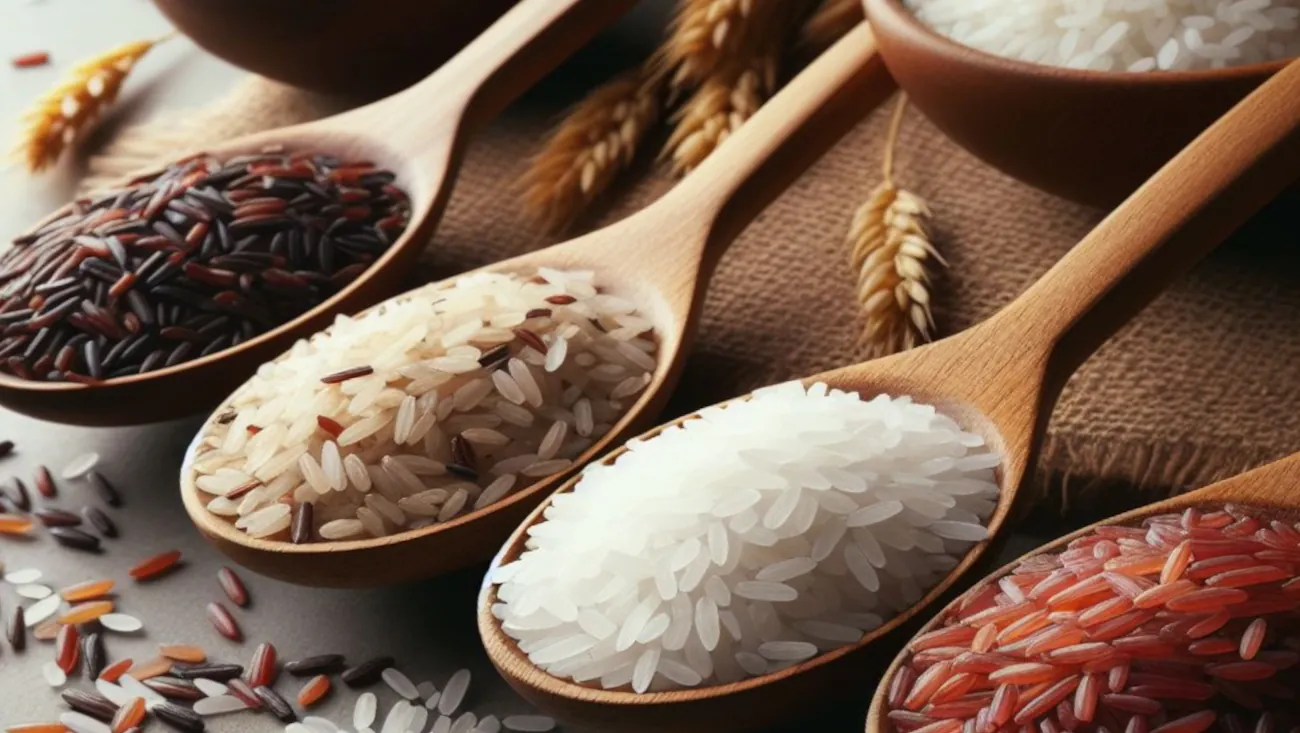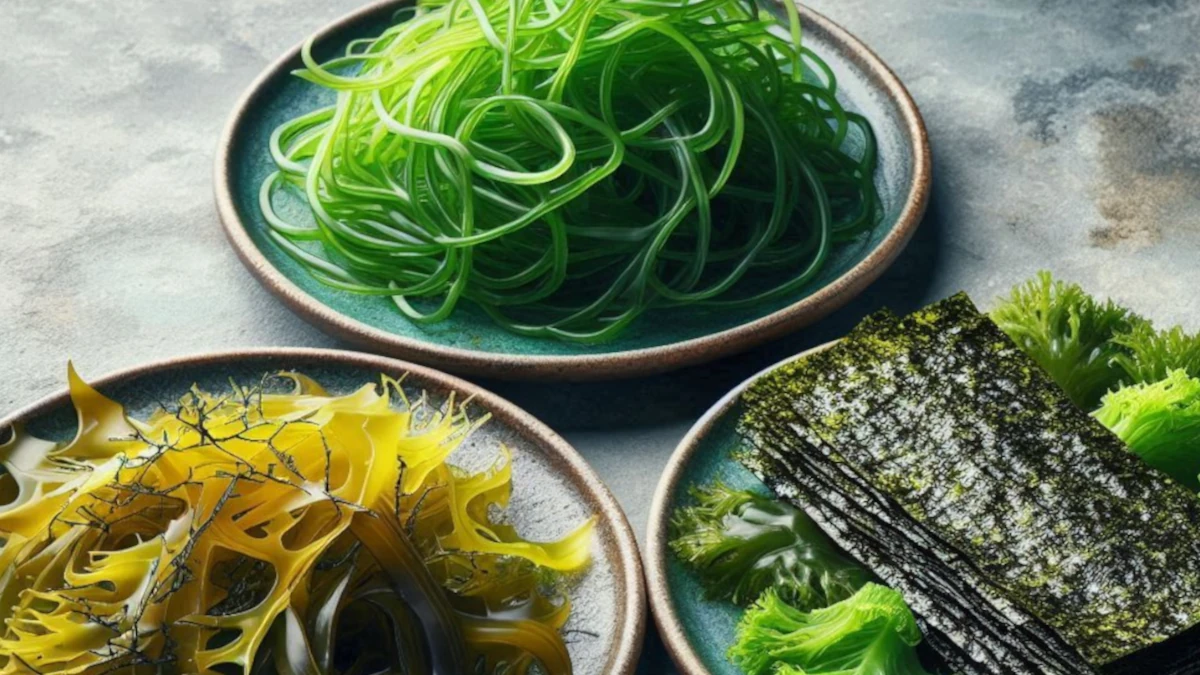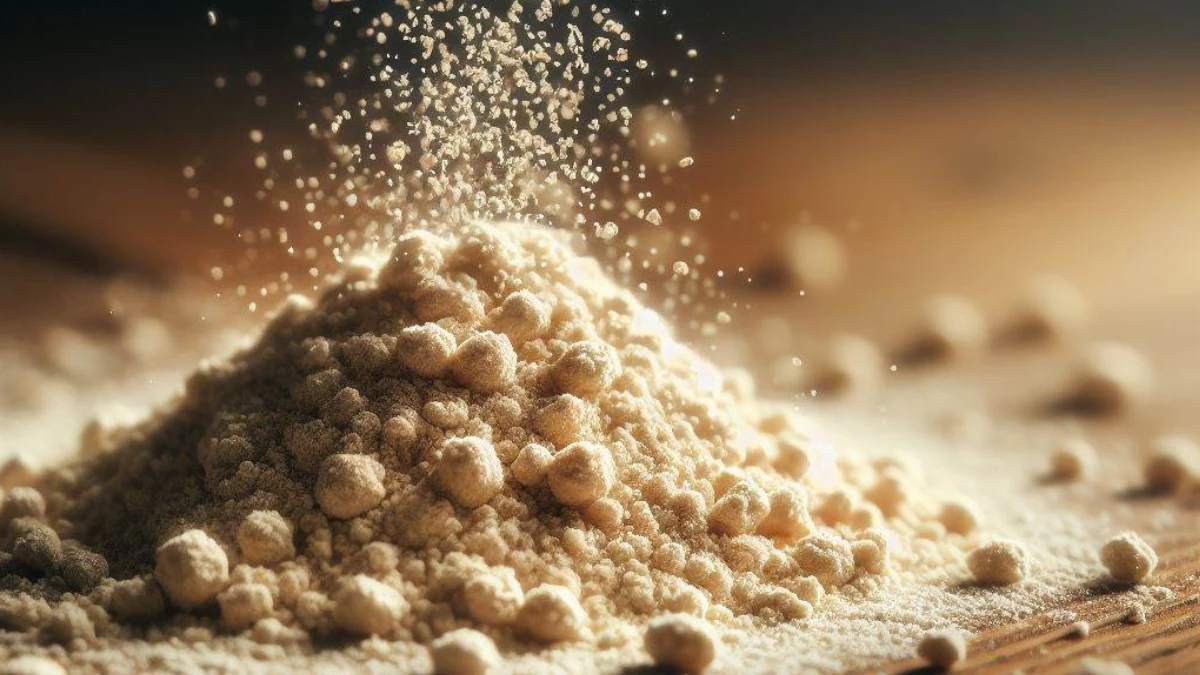Amaranth Lysine and Arginine Info Sheet
Overview
Amaranth is a gluten-free grain that has been cultivated for thousands of years.It has a nutty and earthy flavor and a crunchy texture. It is high in protein, fiber, iron, and calcium. It can be cooked as a porridge, popped like popcorn, or added to soups and stews.
Amaranth is a complete protein, meaning that it contains all nine essential amino acids.
It also has anti-inflammatory, anti-diabetic, and anti-cholesterol effects.
It is a good alternative for people who have celiac disease, gluten intolerance, or wheat allergy.
| Name | Lysine (mg/100g) | Arginine (mg/100g) | Ratio |
|---|---|---|---|
| Amaranth | 721mg | 499mg | 1.44 |
Amaranth contains 721mg of Lysine and 499mg of Arginine per 100g of product.
This means Amaranth has a high Lysine-Arginine ratio of 1.44.
Because Amaranth contains slightly more lysine than arginine, increasing its consumption may benefit people who suffer from herpes, as it may boost the immune system.
Lysine Considerations
Amaranth is a very good source of lysine, as it provides 102.9% of the RDI for an adult.
Lysine is an essential amino acid that is needed for protein synthesis, collagen formation, wound healing, and immune function.
Lysine can help prevent or treat cold sores, which are blisters caused by the virus HSV-1, also known as herpes.
Lysine works by blocking the growth of HSV-1, which needs another amino acid called arginine to multiply and infect cells.
Lysine can only be obtained through diet, and can be found in a variety of high-protein foods like dairy products, fish, eggs, meat and poultry.
Arginine Considerations
Amaranth is a good source of arginine, as it provides 70.9% of the RDI for an adult.
Arginine is a semi-essential amino acid that is involved in nitric oxide production, blood pressure regulation, wound healing, and immune function.
Arginine has a variety of functions in the body, including wound healing, helping the kidneys remove waste products from the body, and maintaining immune and hormone function.
Arginine also plays a role in the replication of the herpes virus, making it a key factor in cold sore outbreaks.
The herpes virus requires arginine to grow, replicate, and create new herpes viruses.
Foods rich in arginine, such as nuts and chocolate, may increase the frequency and severity of these outbreaks.
Lysine-Arginine Ratio
Amaranth has a high lysine-arginine ratio, which means that it has more lysine than arginine.
This may be beneficial for people who have herpes simplex virus (HSV) infections, as lysine may inhibit viral growth and reduce symptoms, while arginine may not promote viral replication or trigger outbreaks.
However, the evidence for this is not conclusive and other factors, such as stress and immunity, may also play a role.
Lysine and arginine are both amino acids that are involved in protein synthesis and other metabolic processes.
That said, they have opposite effects on the herpes simplex virus, which causes cold sores and genital herpes.
Lysine can stunt the replication of the virus, while arginine can stimulate it.
Because of this, eating foods that have a high lysine-arginine ratio may help reduce the frequency and severity of herpes flare ups.
Some examples of foods that have a high lysine-arginine ratio are milk and cheese, fish, poultry, fruits, and vegetables.
These foods can provide the body with enough lysine to block the uptake of arginine by the virus, and thus prevent its growth and spread.
Dietary Considerations
Grains are generally poor in lysine and a great source of in arginine, which makes them less beneficial for people with herpes.
That said, some grains are better than others in terms of their lysine to arginine ratio.
Quinoa, amaranth, buckwheat, and seitan are some of the grains that have more lysine than arginine, or at least a balanced ratio.
These grains can be included in a healthy diet, as they also provide fiber, iron, and antioxidants.

For example:
A well-balanced and healthy diet that strengthens your immune system and lowers inflammation is important.
This means you should eat a lot of fruits, vegetables, whole grains, lean protein, and good fats, and avoid processed foods, added sugars, alcohol, and caffeine.
Drinking enough water to keep yourself hydrated and remove toxins from your body.
Water can also help prevent dryness and irritation of the skin and mucous membranes, which can result in fewer outbreaks.
L-lysine supplementscan help you prevent herpes outbreaks and stop a cold sore before it develops by depriving the virus of arginine, which it needs to form a cold sore.
Taking other food supplements that can improve your immunity and protect your cells from oxidative stress, such as vitamin C, zinc, selenium, and antioxidants.
Avoiding foods that can cause allergic reactions or sensitivities, such as gluten, dairy, nuts, eggs, or shellfish.
These foods can trigger inflammation and weaken your immune system, making you more susceptible to outbreaks.
Pain, swelling, and itching can be reduced by eating foods that have anti-inflammatory, antiviral, and antibacterial properties, such as honey, yogurt, aloe vera, and chamomile.
These foods can also help you heal faster by promoting tissue repair.
Check more food information






